An influencer essentially is a brand, and should be protected with trademark filings
Erik K Pelton
JUNE 28, 2021
The number of influencers who generate significant revenue, sometimes millions of dollars, stemming from their personal brand and yet have never filed for trademark registration is astonishing. The post An influencer essentially is a brand, and should be protected with trademark filings appeared first on Erik M Pelton & Associates, PLLC.
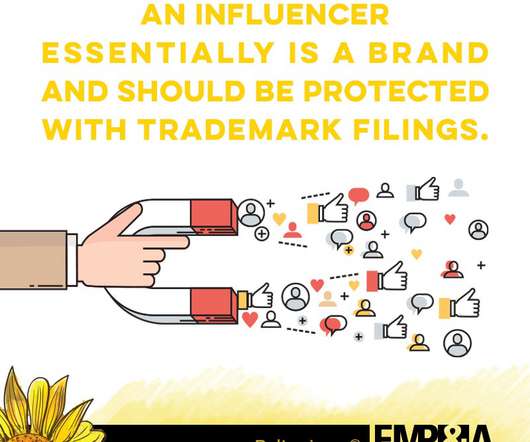


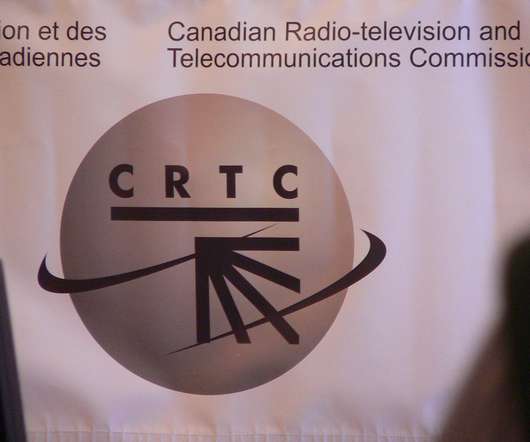




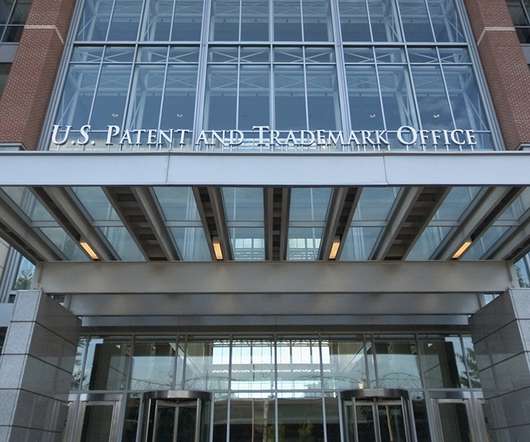
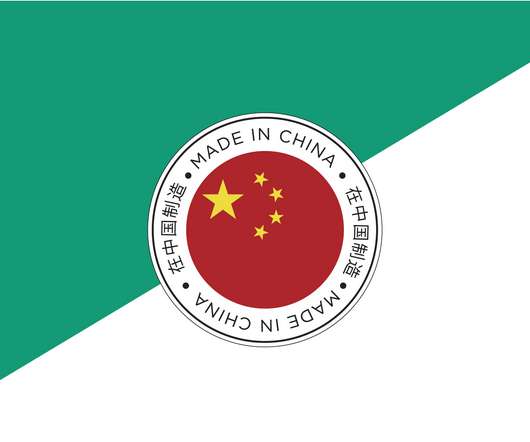
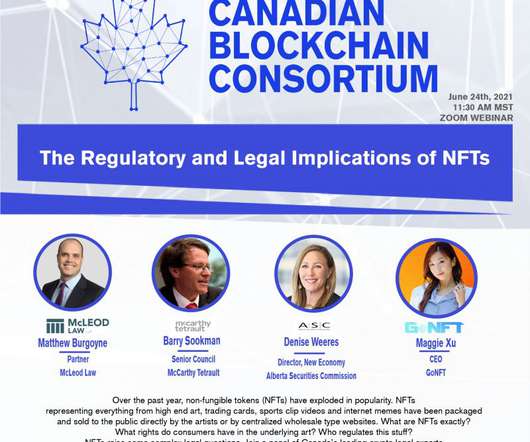

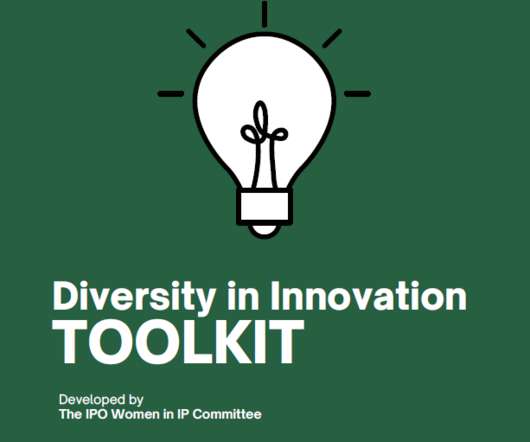












Let's personalize your content